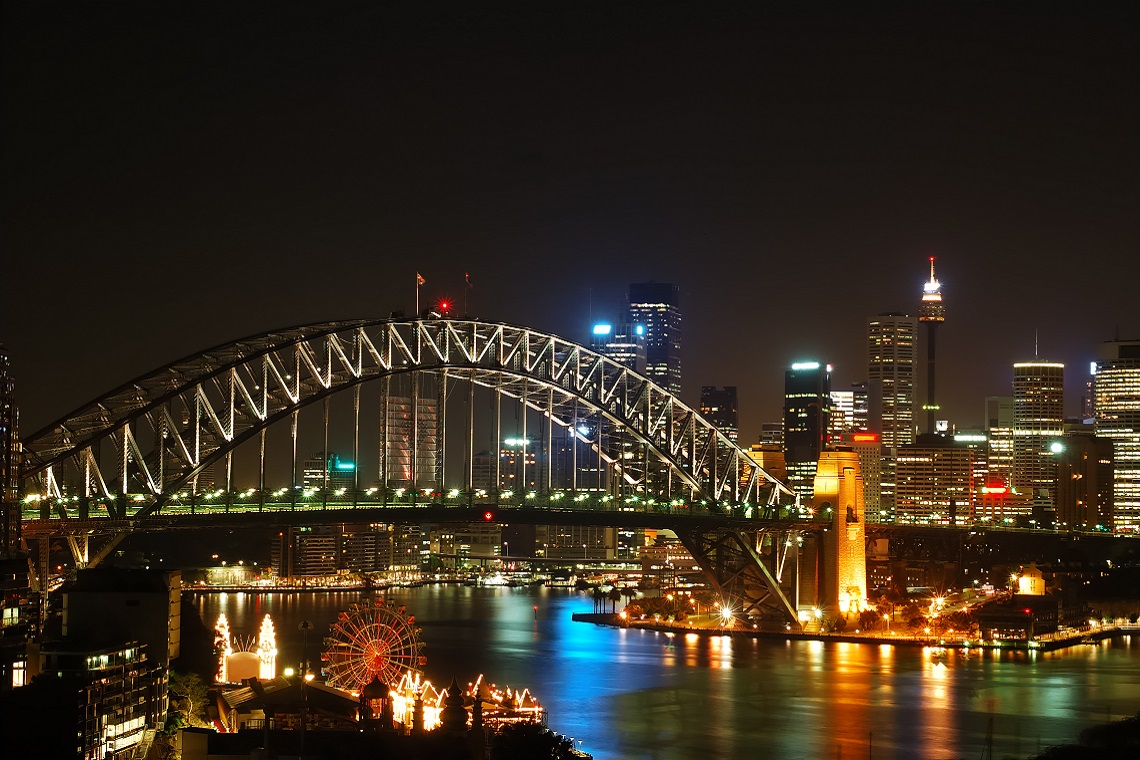With the momentum gathering for Sydney’s lock-out laws to mostly be repealed, operators now need to consider what that means for Sydney pub operations beyond extended trading.
With the NSW Joint Committee on Sydney’s Night Time Economy publishing its report in favour of the repeal of Sydney’s lockout laws – barring the Kings Cross precinct – and Premier Gladys Berejiklian indicating she is willing to repeal the legislation, the lockouts are expected to be gone by the end of the year.
While this is overwhelmingly a cause for celebration for the industry, and particularly for the pub and bar operators within the Sydney CBD precinct, the lockout’s lasting effects will have to be carefully considered by operators.
CBRE Hotels director, Ben McDonald, noted that there are two processes in particular that operators need to be cognisant of:
- Bars and restaurants in the Sydney CBD will need to submit a development application to the City of Sydney Council to seek approval for extended trading to 2am. Approval will still be at Council’s discretion, with the process subject to trial periods to noise pollution and violent behaviour during these extended hours.
- Venues with an existing liquor license may be required to apply to Liquor and Gaming NSW to change their liquor license conditions or apply for a trading authorisation to allow for any extended licensed trading approved by Council.
“As such, licensees will still need to consider the costs required to implement these changes. The repeal of Sydney’s lockout laws is overall however expected to deliver significant operational benefits to local businesses.”
Suburban sprawl
With five years of lockouts dampening the nightlife of the city, many people looking for a night out took their business to other areas of Sydney. In its submission to the inquiry, the City of Sydney said the lockout laws meant 490,000 people under 35 stopped visiting the city every year.
John Musca, national director of JLL Hotels & Hospitality suggests that these changes in behaviour will not immediately revert, and not completely.
“Some of these people will no doubt return to the city but I don’t think it will be in massive numbers as habits have changed. However, more people will translate to bigger businesses again and thus increased demand for these hotels.
“Those that benefitted in 2014 were the areas where patrons decided to pass on a trip to the city to stay in the suburbs. This was particularly evident for those that had a concentrated range of hospitality venues and the necessary infrastructure to accommodate the increased crowds.
“The biggest question now is what happens to these patrons. Will they continue to limit their trips to the city? Probably not, although some no doubt will head to the city more often.”
While there will be lingering effects of the lockouts, if and once they are repealed it will be a boon to CBD publicans and the night-time economy, particularly with new infrastructure in place – as attested by Merivale CEO Justin Hemmes.
“With the imminent completion and launch of Sydney’s CBD light rail project and the pedestrianisation of George Street, we have an unprecedented opportunity to initiate a rebirth of our inner city and put it back on the international map.”

